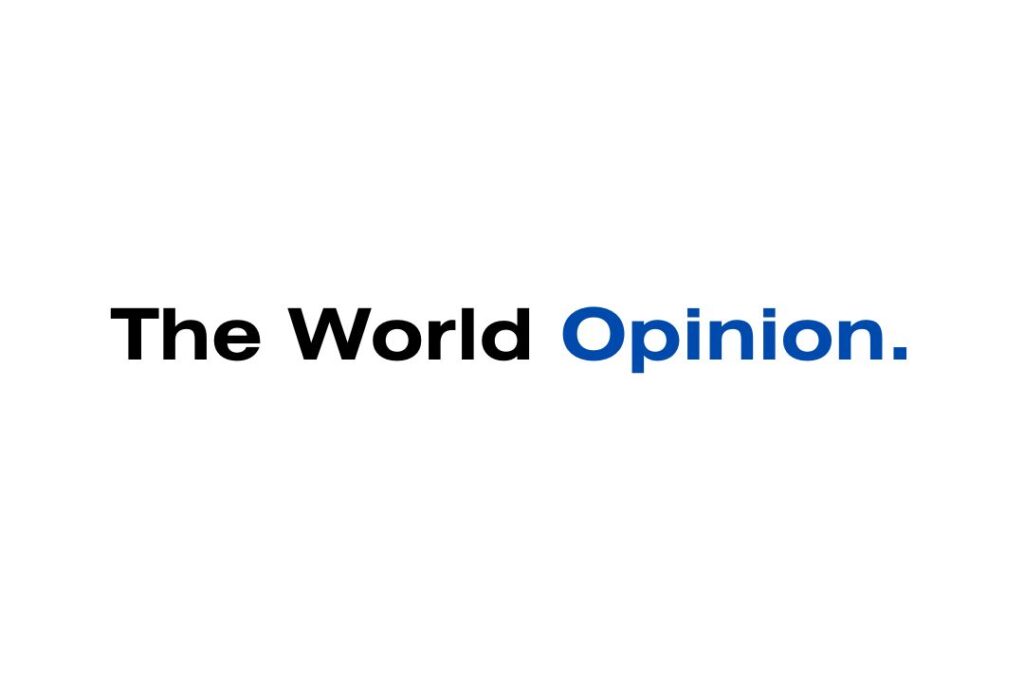The ECB has introduced it’s going to be mountaineering charges in July and September to counter file inflation.
Daniel Roland | Afp | Getty Pictures
Euro zone inflation reached a brand new file prime in June simply forward of the Ecu Central Financial institution’s first charge building up in 11 years.
Headline inflation got here in at 8.6% (year-on-year) for closing month, in keeping with initial figures from Europe’s statistics workplace Eurostat launched Friday. That beat a prediction of 8.4% in a Reuters ballot of economists. The velocity had reached 8.1% in Might this means that the price of dwelling is constant to surge around the euro zone international locations.
Germany stunned many previous this week when it reported a drop of 0.5 proportion issues in inflation month-on-month. Mavens stated this was once because of new govt subsidies to ease the have an effect on of upper power costs and it was once now not but the top of surging inflation charges.
However each France and Spain skilled new inflation information in June with the latter surpassing the ten% threshold for the primary time since 1985, in keeping with Reuters.
ECB motion
The ECB, which has vowed to take on the surge in costs, is because of meet in past due July to announce it is expanding charges. The central financial institution has stated it’s going to hike once more in September, which means its major rate of interest may just go back to sure territory this 12 months — the ECB has had unfavourable charges since 2014.
Talking previous this week, ECB President Christine Lagarde struck a hawkish tone.
“If the inflation outlook does now not strengthen, we will be able to have enough data to transport sooner,” Lagarde advised an target audience in Sintra, Portugal, in regards to the length after that September hike.
On the other hand, there are rising questions on the way forward for financial coverage within the euro zone amid fears of a recession within the coming months. If the central financial institution have been to transport temporarily in mountaineering charges, this may impede financial expansion even additional at a time when a slowdown is already underway.
We’re nonetheless anticipating sure expansion.
Christine Lagarde
ECB President
Fresh trade job information means that the euro space is already dropping steam. The total query is whether or not the euro zone will set up to flee a recession this 12 months, or if that may are available 2023.
Berenberg economists forecast an recession within the euro zone in 2023 with a GDP (gross home product) contraction of 0.8%.
On the other hand, additional financial pressures from Russia’s invasion of Ukraine — maximum significantly over power and meals safety — may just tip the area right into a extra proacted slowdown previous than anticipated.
Thus far, Ecu officers have have shyed away from communicate of a recession.
“We’re nonetheless anticipating sure expansion charges because of the home buffers in opposition to the lack of expansion momentum,” Lagarde stated previous this week. The ECB forecast in June a GDP charge of two.8% for the area this 12 months. New forecasts can be printed in September.
On the other hand, policymakers in Frankfurt are mindful that the industrial slowdown is a significant chance they wish to observe.
Philip Lane, the financial institution’s leader economist, stated it wishes to stay vigilant over the approaching months.
“With the uncertainty, we need to set up the 2 dangers,” Lane, who may be a member of the financial institution’s Governing Council, advised CNBC’s Annette Weisbach Tuesday on the ECB’s Sintra Discussion board.
“At the one aspect, that may be forces that stay inflation upper than anticipated for longer. At the different aspect, we do have the chance of a slowdown within the economic system, which would cut back inflationary power,” he added.
Talking in a flash analysis word after the knowledge unencumber Friday, Andrew Kenningham, the executive Europe economist at Capital Economics, stated that the 8.6% determine is “most probably now not sufficient to deliver a 50bp charge hike (quite than 25bp) again into play for July.”
“As policymakers are more and more uncomfortable with their negative-interest charge coverage we think to peer larger charge hikes from September, with the deposit charge emerging to +0.75% by way of year-end,” he stated.




